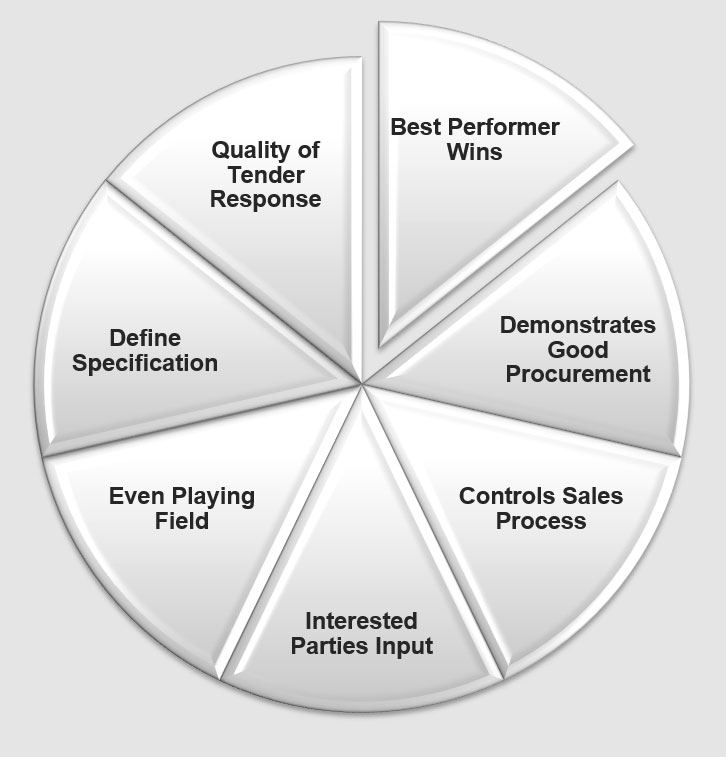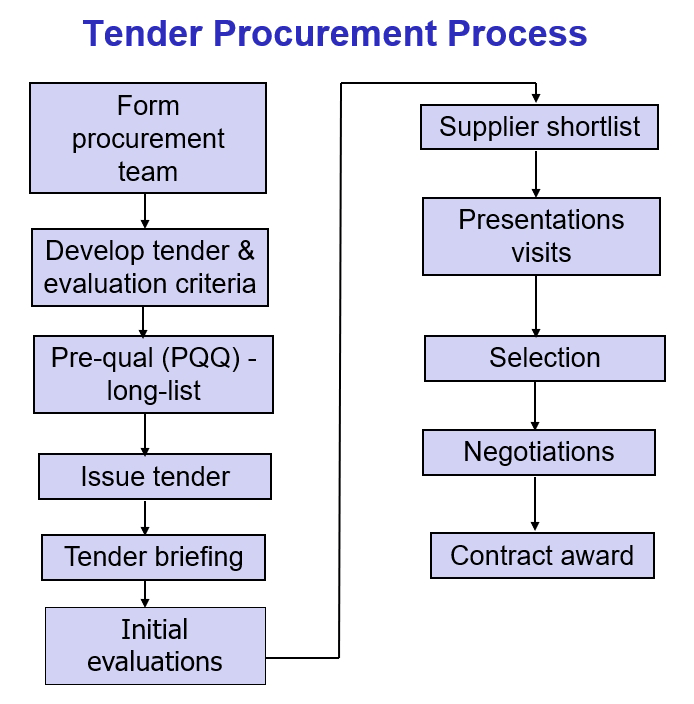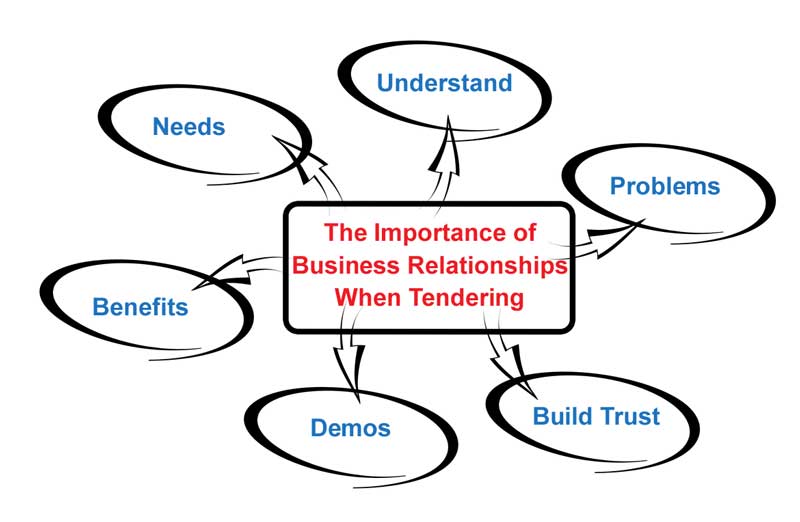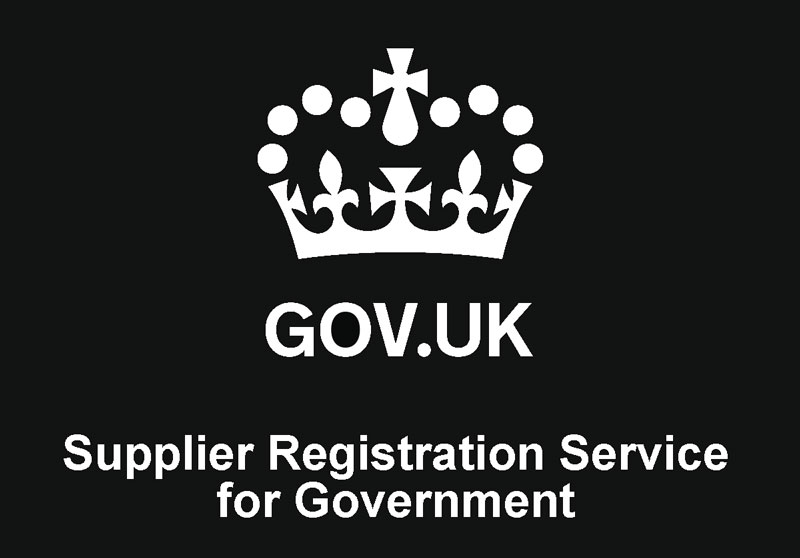Why do Companies Tender?
Why Do Public Sector Organisations & Private Companies Tender Contracts?
The tendering process can be very frustrating. Sometimes, you may feel that companies use tenders just to annoy you! However, there are some simple reasons and it is very useful to understand why companies tender.
The previous post Tender Procurement Process explains the various steps that form a typical tender. It helps put the following points into perspective.

Best Performer Wins
Tendering involves a competition where several potential suppliers compete against a set of criteria including:
- Specification or requirement
- Quality
- Price
These are measured so the best scoring bidder(s) wins the contract.
…Why do Companies Tender? Read More »




